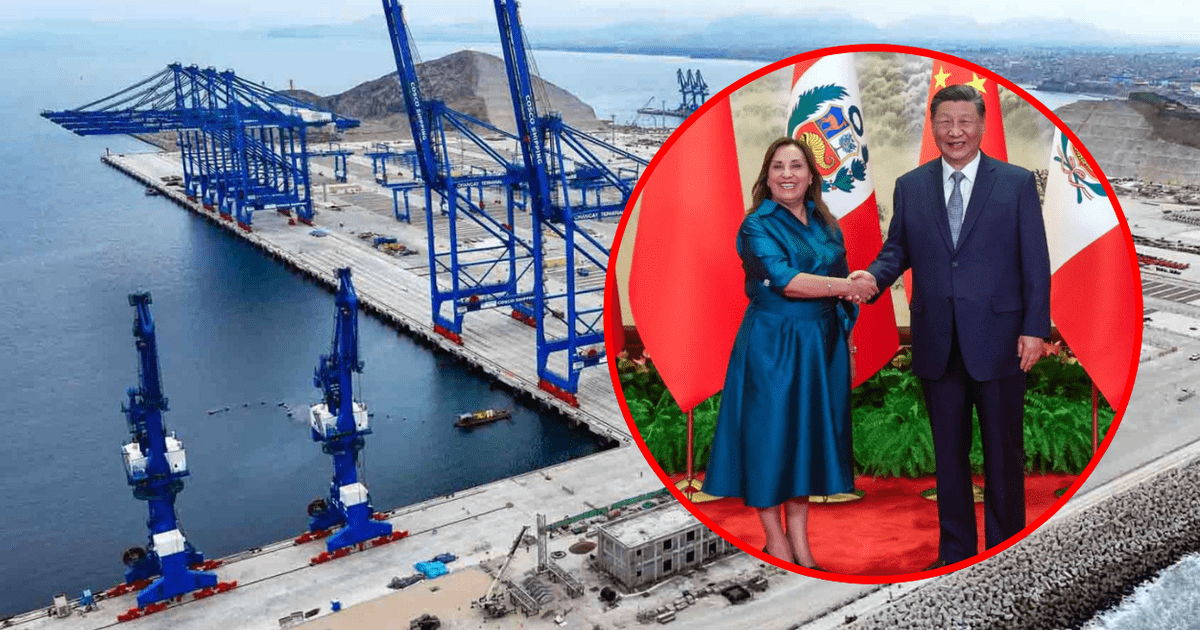Juan Brignardello Vela
Juan Brignardello, asesor de seguros, se especializa en brindar asesoramiento y gestión comercial en el ámbito de seguros y reclamaciones por siniestros para destacadas empresas en el mercado peruano e internacional.




This Wednesday, King Felipe VI held a series of meetings at the Palace of Zarzuela with representatives from various economic and social sectors, aimed at analyzing the economic impact of the DANA (Isolated Depression at High Levels) that has struck several regions of Spain. These meetings resonate in a context where the business fabric and the national economy face significant challenges following the devastating consequences of the weather phenomenon. The day began with the monarch meeting a large group of representatives from the country's most important business organizations, including key figures from CEOE, CEPYME, and regional confederations from the Community of Valencia and Castilla-La Mancha, the areas most affected by the floods and disasters resulting from the DANA. During this meeting, the president of CEOE, Antonio Garamendi, expressed the business sector's commitment to collaborate with institutions to facilitate the recovery process in the affected areas. The message of unity and collaboration was the central theme of the conversation, emphasizing the importance of working hand in hand between the private and public sectors. Garamendi stressed that "no one is unnecessary" in this challenge, calling for the setting aside of political differences to focus on the needs of society and the communities that require immediate help. During the audience, crucial issues related to the effects of the DANA on insurance, access to credit, and the reconstruction of small businesses that have suffered severe damage were also addressed. The participation of representatives from banks and insurance companies in the meeting was essential for assessing how financial support can be facilitated for those affected. The importance of intersectoral collaboration was reaffirmed by the president of UNESPA, María Aranzazu del Valle Schaan, who emphasized the role of insurers in crisis management and their capacity to provide support to the victims. The situation presents challenges not only immediate but also long-term, as recovery is expected to extend over a prolonged period. In the afternoon, the king met with union leaders Pepe Álvarez from UGT and Unai Sordo from CCOO. This meeting highlighted the impact of the DANA on the labor sector and the need to ensure the protection of workers' rights amid this crisis. The unions expressed their concern for many employees who depend on the small businesses affected by the storm. In addition to these crisis-focused meetings, King Felipe VI also received the Ibero-American Secretary General, Andrés Allamand, underscoring his interest in maintaining an active dialogue on international issues, including the upcoming Ibero-American Summit. This event could serve as a platform to discuss not only the recovery from the DANA but also other shared challenges in the region. Meanwhile, public attention is focused on how different actors in the economy and politics will respond to this crisis. Reconstruction and recovery initiatives require not only funding but also effective cooperation among all involved sectors. The current situation highlights the need for a more inclusive and coordinated approach. As discussions progress and initiatives are launched in response to the DANA, citizens are looking for concrete measures to help them move forward. Society's ability to unite in times of crisis will be crucial in determining the speed and effectiveness of the recovery. The willingness to work together, without distinctions, becomes imperative for building a more resilient future. The next phase, which includes the implementation of concrete policies and strategies, will be key to assessing whether collaboration among the private sector, public sector, and unions can truly make a significant difference in the lives of those affected. The hope is that open dialogue and collective determination will help address not only immediate needs but also create a sustainable framework for long-term recovery.
Inauguration Of The Port Of Chancay: A Milestone In Infrastructure And Global Security.

The Lack Of Water Will Result In Losses Of S/ 250 Million.

Tax Incentives Exceeded S/ 100 Billion In The Last Five Years: What Are They Made Up Of?



